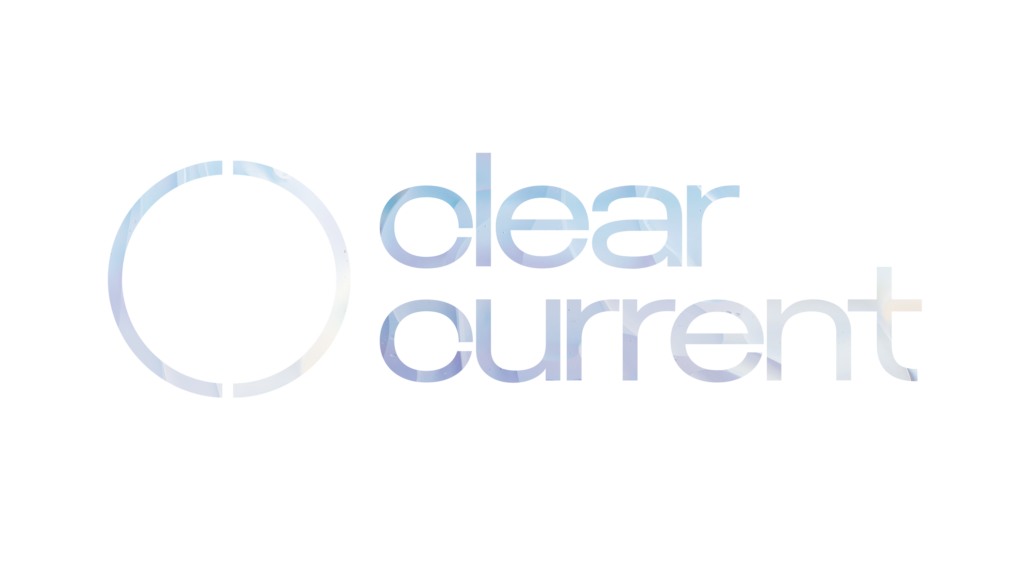Transitioning to clean energy is more than a trend—it’s essential for the planet’s survival. This change is critical for reducing greenhouse gas emissions and addressing climate change. By moving to renewable energy sources such as solar, wind, hydroelectric, and geothermal power, we can significantly decrease pollution and curb global warming. The United Nations suggests that this shift could also result in significant economic benefits, potentially saving up to $4.2 trillion annually by 2030 through health improvements and reduced climate-related damages.
However, the road to clean energy is fraught with challenges. Currently, the global energy system is heavily dependent on fossil fuels, which make up 81% of our energy consumption. Building a more sustainable and secure energy infrastructure requires effective policies, private-sector engagement, and strong public-private partnerships. Moreover, geopolitical and economic factors, such as reliance on rare earth minerals and the substantial investments needed for technology and infrastructure, present significant obstacles.
Clear Current’s Role in Advocating for Clean Energy
Clear Current advocates for the transition to clean energy. Its mission is to promote the adoption of renewable energy sources and underscore the importance of reducing our carbon footprint. Clear Current highlights that shifting to renewable energy is not only environmentally beneficial but also crucial for economic growth and public health. By supporting policies that foster the development and deployment of clean energy technologies, Clear Current aims to make renewable energy both accessible and affordable.
The Advantages of Clean Energy
The transition to renewable energy offers numerous benefits beyond environmental protection. Economically, this shift can spur growth by creating new industries and job opportunities. Renewable energy technologies are becoming increasingly cost-effective, making them a viable alternative to fossil fuels. Additionally, the health benefits are substantial, as reducing pollution results in cleaner air and water, which can mitigate health issues linked to pollution and climate change.
Overcoming the Challenges
Despite the clear advantages, transitioning to clean energy faces substantial hurdles. The necessary technological and infrastructural investments are immense. Furthermore, the geopolitical landscape complicates matters, with many of the materials needed for renewable technologies concentrated in a few countries. Addressing these challenges requires innovative solutions and substantial international cooperation.
A Call to Action
The transition to clean energy is a global imperative requiring the concerted efforts of governments, businesses, and individuals. Effective policies, technological advancements, and international cooperation are crucial for overcoming these challenges and achieving a sustainable future. Clear Current is at the forefront of this movement, advocating for policies and practices that support renewable energy. By integrating renewable energy into our strategies and making a collective effort, we can ensure the survival of our planet and the well-being of future generations.






